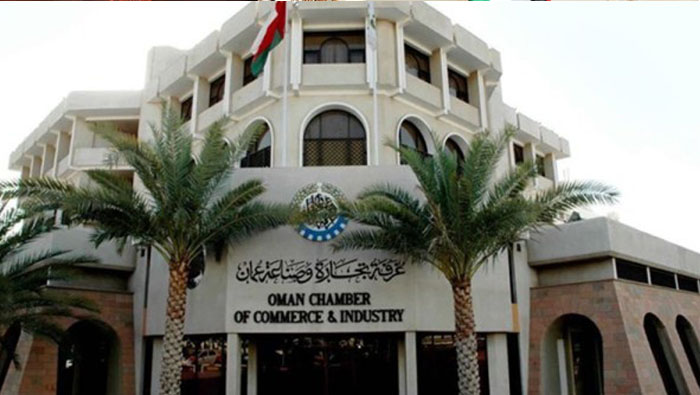
Muscat: Oman Chamber of Commerce and Industry (OCCI) aims to measure the impact of COVID-19 on Oman’s economy, and provide plans for businesses to remain afloat during these times.
A special report by the OCCI is expected to be released at the end of August, once the organisation enters into discussion with businesses across all sectors in the country, to know the challenges they are facing. Once published, this report will be sent to the Supreme Committee for dealing with COVID-19, so that the government can accordingly take action.
“We will start meeting with business owners across Oman either this week or next week,” said Dr Ahmed Al Hooti, a board member of the OCCI and its head of economic research. “We will then publish this report at the end of this month, and give it to the Supreme Committee.”
“It is not that all the companies are facing the same problem,” he added. “We need to look at what problems each sector is facing, and then come up with solutions accordingly. We have already come up with some ideas, but need government approval so we can move them forward. Each member of the OCCI will meet with companies from different business sectors.”
Al Hooti shed light on some of the main challenges being faced by companies.
A majority of companies are facing drop in revenues, some has issues with manpower, and many are facing concerns over payments of loans and corporate taxes.
“It is not that there is one problem faced by all the companies, therefore, there is no one solution for all of them,” he explained. “A large number of companies – around 70 per cent of them, are facing financial issues right now, so we have considered approaching the banks to give them soft loans to help them. Similarly, there are companies facing labour issues, so for this, we need to approach the Ministry of Manpower.
“A lot of companies are concerned about the loans they have taken, and how they will repay them, because this COVID-19 pandemic came all of a sudden,” added Al Hooti.
“We have plans to make interest-free loans available to them, so they can resume their businesses soon. Many of the companies in the financial and services sector are worried about how they will be able to cover the fees and taxes they are required to pay.”
However, with the spike in cases reported in some parts of the world, as countries chose to reopen their economies, Al Hooti warned that any economic plans would take time to implement, because they also depend on other factors, such as the health of individuals, not just the willingness of people and companies to spend money.
“COVID-19 has come back in many countries that have reopened, like Spain, Germany, Britain and Jordan, so they have to take measures to stop this as well,” he explained. “We will have to wait to know its full impact and then prepare any economic plans accordingly. COVID-19 doesn’t just depend on the economy, there are many factors to consider, and we have to look at all these, and then prepare the plan.”
“Currently, the economy in Oman has stagnated, just like it has worldwide: businesses here cannot sell their products, because people are unwilling to spend, nor can they export a lot of their products, because the demand for them is very limited. We need to find ways for them to survive,” he added.